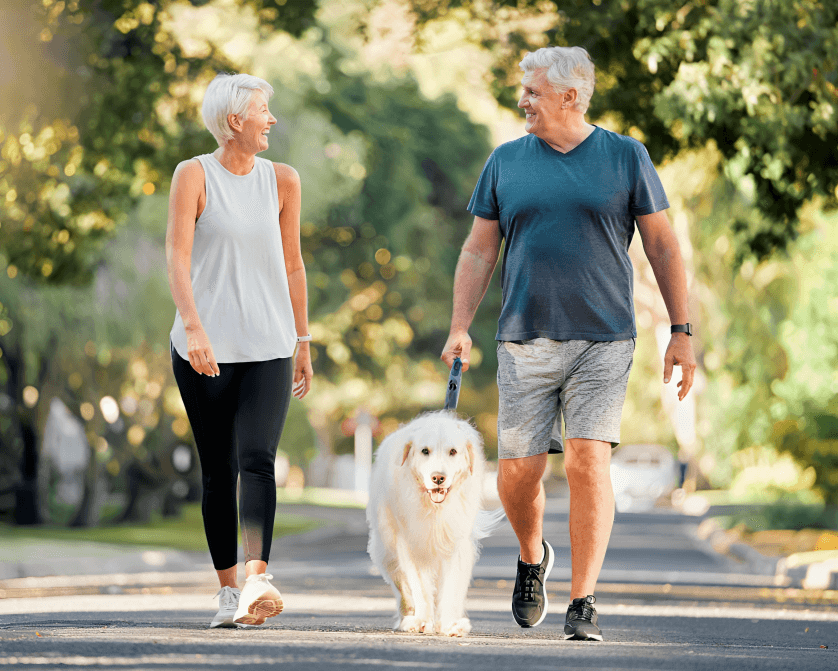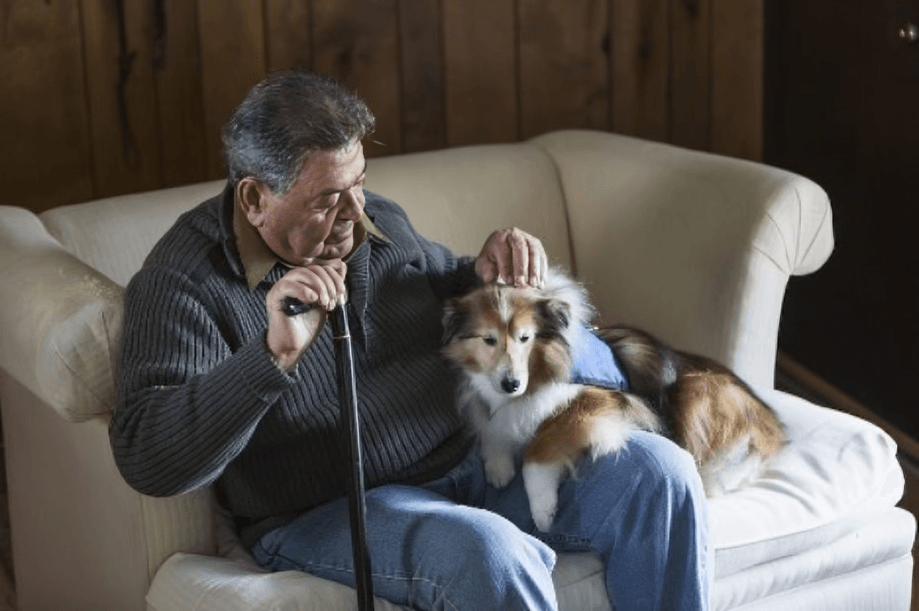
“
The benefits of companion animals for older adults go far beyond simple companionship. These loyal pets offer emotional stability, enhance physical activity, and even improve cognitive health in seniors. Numerous studies, healthcare observations, and wellness programs across the globe confirm how powerful the human-animal bond can be in promoting happier, healthier aging. 1
1
1
1
1
1
”
Companion animals provide older adults with a consistent routine, encouraging them to wake up, move, and engage in daily activities, which reduces feelings of aimlessness or social withdrawal. 1
Seniors living alone often struggle with isolation, but owning a pet ensures daily interaction, helping reduce the risks of depression and long-term emotional distress from social disconnection. 2

Walking a dog or playing with a cat increases physical activity levels in older adults, which helps in managing arthritis, improving joint mobility, and enhancing heart health with gentle movement.
The presence of a pet can reduce cortisol, the stress hormone, in the body, allowing older adults to feel calmer, especially those dealing with chronic illnesses or stressful life changes. 3
Many nursing homes and assisted living communities report that residents with pets display increased social interactions and emotional expressions compared to those without animals. 4
The act of petting an animal can stimulate serotonin and dopamine production—natural chemicals in the brain that help regulate mood, anxiety, and overall emotional balance in elderly individuals. 5
Companion animals give older adults a renewed sense of purpose, making them feel needed, especially after retirement or the loss of close relationships or family support systems. 6
Seniors with pets have been observed to maintain sharper cognitive function, likely due to the mental stimulation and memory use involved in caring for an animal each day. 7
Studies show that older adults with pets tend to visit doctors less frequently for minor ailments, possibly due to improved emotional well-being and reduced feelings of helplessness. 8

Dogs especially motivate seniors to go outdoors more often, which increases their exposure to fresh air and sunlight, improving Vitamin D levels and supporting immune function.
Caring for a companion animal fosters empathy and patience, helping older adults maintain emotional warmth and resilience in their interactions with others, even during challenging times. 9
Companion animals often act as “social bridges,” prompting friendly conversations with neighbors or passersby, which helps reduce social isolation and boosts community connections for elderly individuals. 10
The bond formed with a pet mimics secure emotional attachments, helping older adults who may be grieving or emotionally vulnerable after the death of a spouse or close friend. 11
Older adults living with memory-related disorders, like Alzheimer’s, often show improved behaviors—such as less agitation and more communication—after engaging with therapy animals. 12
A pet’s consistent love and nonjudgmental presence offer unmatched emotional support, helping older adults feel emotionally secure regardless of cognitive decline or physical challenges. 13

The unconditional affection of companion animals helps seniors rebuild trust, especially those recovering from emotional trauma, elder abuse, or long-standing interpersonal isolation.
Pet care provides positive distraction from pain, sadness, or anxiety, drawing older adults’ focus toward joyful, affectionate routines rather than dwelling on physical or emotional discomforts. 14
Companion animals often detect changes in behavior or physical condition—some trained pets even alert seniors before medical episodes like low blood sugar or seizures occur. 15
Simple acts such as feeding a pet or grooming a cat can improve motor coordination and fine motor skills in older adults, particularly those recovering from stroke or managing tremors. 16
Philosopher and psychoanalyst Erich Fromm once said that love involves care, responsibility, and respect—all of which are practiced daily by seniors who nurture and bond with their beloved pets. 17


